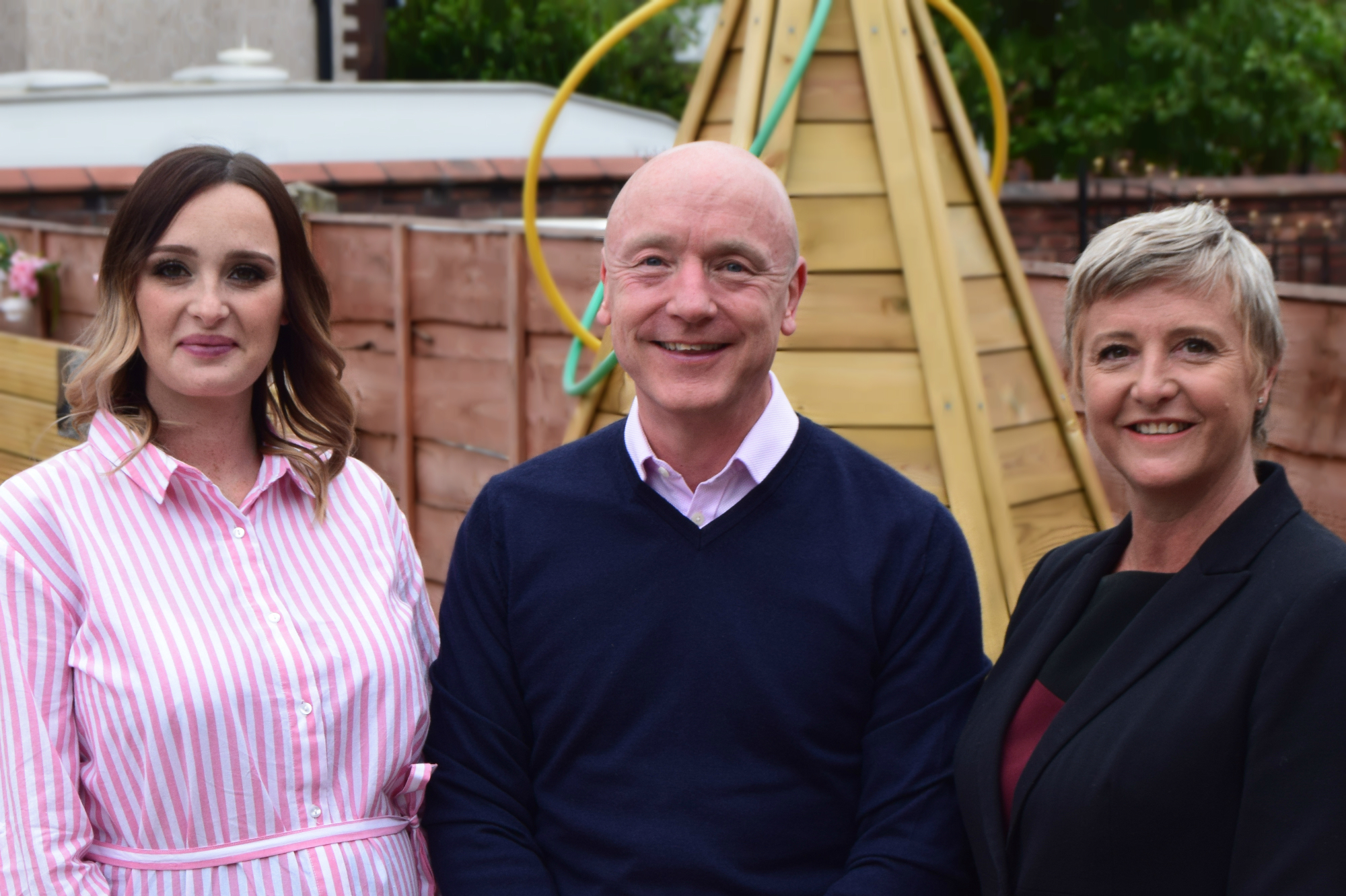What is Forest School?
Forest School, is an outdoor education delivery model in which individuals spend time in natural spaces to learn different skills. It has been defined in Liz O’Brien and Richard Murray’s research as “an inspirational process that offers children, young people and adults regular opportunities to achieve and develop confidence through hands-on learning in a woodland environment”.
Following success in the US, Sweden and Denmark, it has become extremely popular in the UK since the 90s. Many schools and other settings have established long term programmes with accredited training courses. Others have been solely setup as dedicated forest schools. The philosophy of Forest School embraces children’s natural curiosity, inspired imagination and promoted learning.
Formed in 2012 as “the professional body and UK wide voice for Forest School”, the Forest School Association (FSA) promote best practice, cohesion and “quality Forest School for all”. As a result, hey have helped over 10,000 educationalists undertake training to provide Forest School within their establishments. This includes nurseries, preschools and primary schools. This community is key as the demand for provision is rising and the quality of outdoor learning is growing.
Impact in the Early Years
Forest School promotes all aspects of children’s early years development. Forest School may have added benefits that learning indoors doesn’t provide. It endorses children’s physical well being by getting them more active and enjoying the fresh air. Similarly it gives children a greater wealth of experiences the outdoors can offer, thus instilling a healthier lifestyle.
Dr Janine Coates of the School of Sport, Exercise and Health Sciences and Dr Helena Pimlott-Wilson of the Department of Geography at Loughborough conducted preliminary research in 2017 within primary schools, including one early years foundation class (4-5 years). Their findings show that there is a clear impact of Forest School. Encouraging children to work with others in more challenging outdoor activities improves their social relationships. Secondly, this way of learning within early years appears to provide children with hands-on skills and an appreciation for the outdoors. Certainly a stark contrast to the ever-growing digital age where children are thought to spend less time in their outdoor environment.
Getting children outdoors is a great way of taking children and learning out of the classroom. In addition, it adds something a little different to the day-to-day schedule. Likewise, it gives children greater understanding and experience whilst helping all areas of their development in a different, stimulating way.
How can LearningBook help?
LearningBook allows customers to create and complete observations of children’s activities even if the safeguarding-aware tablets are offline and not connected to WiFi. For instance, it means settings who have poor internet connection and attend take part in outdoor sessions will still be able to record children’s development. Find out more features that can support your outdoor learning, here.




